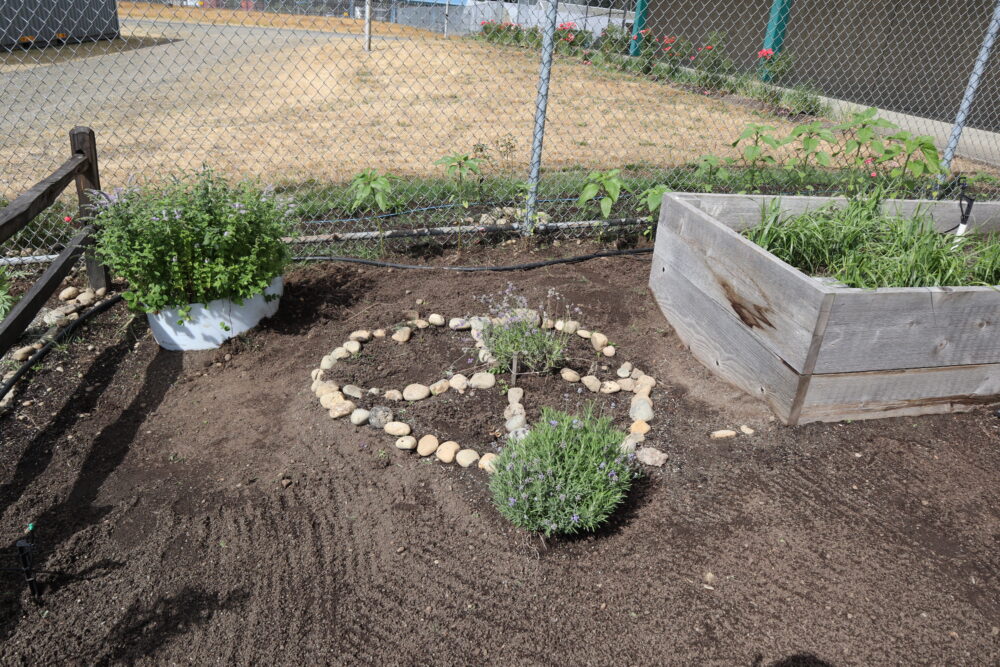Nourished by the compost processed on site and tended to by caring hands, the gardens at the Washington Corrections Center (WCC) are impressive bursts of color against the green Pacific Northwest landscape. In the summer the beds are filled with marigolds, cosmos, sunflowers, poppies and more, and they are a source of pride for the incarcerated gardeners.




One garden in particular offers not only an opportunity to learn gardening skills, but a way for indigenous gardeners to connect to their community and culture. The Tribal Sons Medicine Garden is home to medicinal and culturally significant plants such as sage, lavender, and cedar trees. Creation of the garden was spearheaded by indigenous community members, and it now provides a place of solace, growth, and connection.

Some of the herbs grown in the garden are used for ceremonies performed by tribal members in the facility. Since Native Americans are incarcerated at roughly 3.6x the rate of white people1, it is crucial to provide opportunities like the Tribal Sons Medicine Garden that allow them to continue stewarding their ancestral lands.
An incarcerated contributor to the garden was recently quoted in a King 5 article regarding his experience of the healing powers of the medicine garden: “This is harmony, this is peace, this is serenity,” he said. “This is healing, this is restoration, this is rehabilitation.”

During a recent Foundations in Composting class meeting, students performed a soil test in the medicine garden with the help of composting expert Sally Brown. Halfway through the test, the chunk of test soil dropped suddenly back to the ground. “They wanted it back,” one of the indigenous gardeners joked, “the ancestors wanted the soil back.”
1 Vera Institute of Justice. (2019). Incarceration Trends in Washington. Retrieved from http://www.vera.org/state-incarceration-trends.